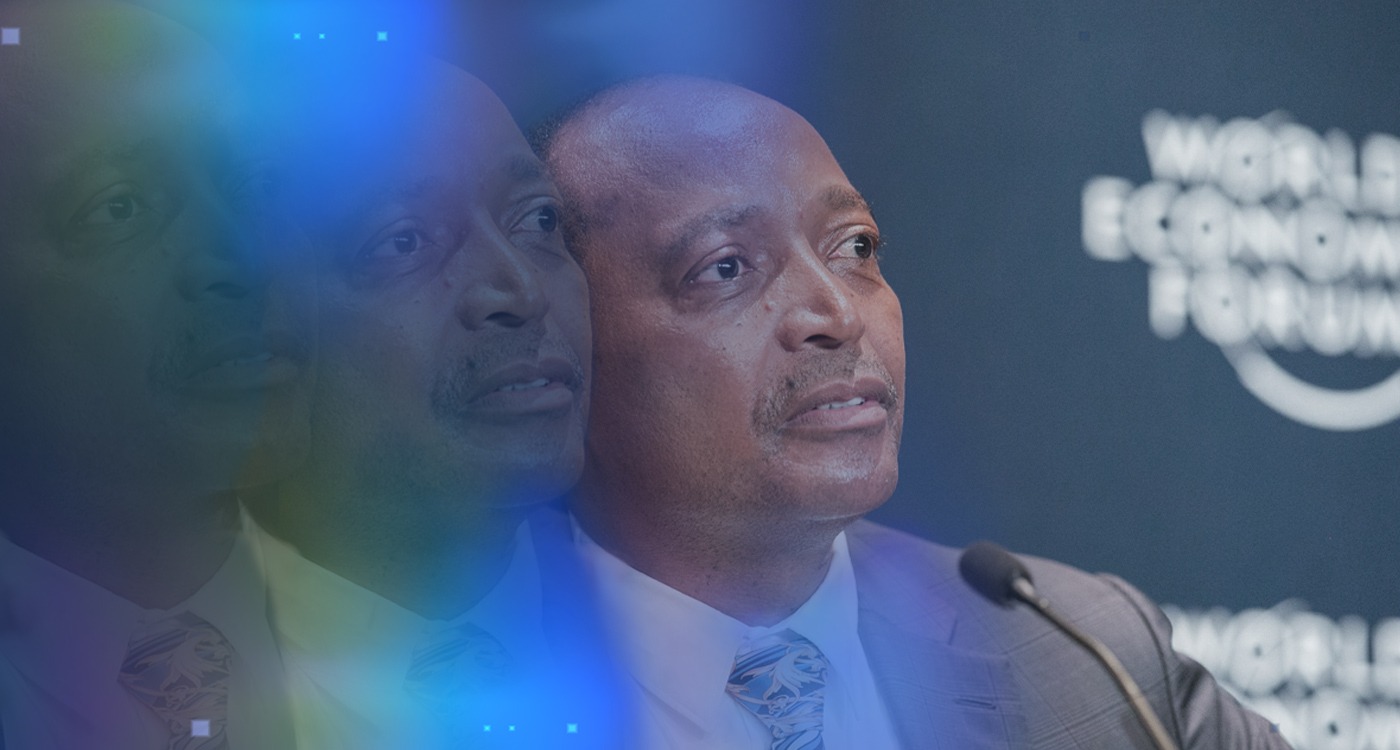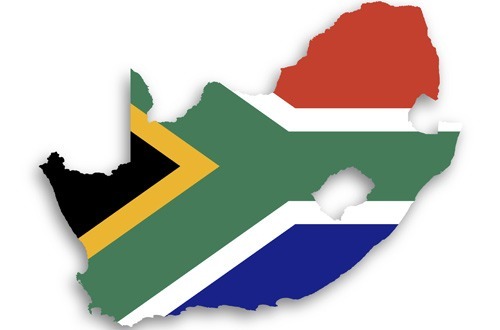The executive director of the World Bank Group representing Angola, Nigeria and South Africa, Bongi Kunene invited South African companies to stake a claim to the US$45 billion that the group has set aside for projects in Africa.
Kunene was speaking at seminar on Doing Business with The World Bank Group that was co-hosted with the Department of Trade and Industry (the dti) through its Trade Invest Africa Division in Sandton last week. The purpose of the seminar was to provide a platform for the Group to share information on how it works with the private sector in partnership with governments, as well as its private sector financing vehicles.
“This seminar provides a perfect opportunity for us to share with the private sector opportunities that are available in the World Bank Group. We have raised US$72 billion for the low-income countries of the world and as a board we have decided that US$45 billion of that money will be spent in Africa. The clients are African governments but as you know, most of government work is executed by contractors. Today is the opportunity for the World Bank to explain to all of you South African businesses how to make it as a contractor,” said Kunene.
She added that the money will be used in various sectors of infrastructure. These include economic infrastructure such as roads, water and energy.
“But we will go beyond economic infrastructure and also touch on social infrastructure including hospitals. We will also help government to procure goods and services such as books, computers and medical equipment. So this provides a vast opportunity for any company that qualifies to be able to participate in the projects,” stressed Kunene.
The acting chief executive officer of Trade Invest Africa (TIA), Lerato Mataboge said the seminar was in line with TIA’s mandate of assisting South African businesses access investment and trade opportunities in various parts of the African Continent.
“It was essential for us to partner with the World Bank Group for this seminar so that companies would get directly from the Bank’s officials the projects that are available and what the requirements and processes that they need to follow are. We are hoping that most of the companies in attendance here will be able to get slices of the US$45 billion cake,” said Mataboge.
SA Business Confidence Hit By Political Uncertainty And Corruption – Analyst
Business confidence in South Africa was at an all-time low as a result of political uncertainty, poor economic performance, policy confusion and a general lack of leadership, a turnaround strategist said on Thursday.
Alastair Macduff, chairman and chief executive of the Turnaround Management Association Southern Africa (TMA-SA), said South African businesses were in significant distress and the technical recession from which the country has just emerged, coupled with the credit rating downgrade to junk status being felt across all industries, did not help.
“Businesses are feeling the impact of low investor confidence, weakening exchange rates and high fiscal uncertainty,” Macduff said.
“Restoring investor, business and consumer confidence will require a concerted effort to address these pressing issues – and address them in the best interests of the country as a whole.”
The South African Chamber of Commerce and Industry (Sacci) Business Confidence Index last month declined to its lowest level thus far in 2017 and the lowest levels since mid-80s, decreasing by 5.7 index points from 95.3 to 89.6 between July and August.
Sacci said that the business climate remained sensitive to political posturing and policy uncertainty as well as fears about the impact of policy proposals were damaging business confidence, and in particular investor confidence.
To make matters worse, South Africa fell 14 positions in the 2017-2018 World Economic Forum Global Competitiveness Index (WEF GCI), leaving the country ranking 61 out of 137 economies assessed in the annual survey.
Top among the most problematic factors for business cited in the report were corruption, crime and theft, as well as government instability.
Allegations of grand-scale corruption at state-owned enterprises like Eskom, Transnet, Sars, and Denel involving the controversial Gupta family have also left the country and key institutions reeling as evidence mounts of the manipulation of state contracts and the appointment of ministers.
Other factors related to the fall in the WEF index released on Wednesday include tax rates, inefficient government bureaucracy, poor work ethic in the national labour force, restrictive labour regulations, inadequately educated workforce, inflation, access to financing, and policy instability.
South Africa also lost its coveted number one spot in WEF Index for strength of reporting and auditing standards, which it had held for seven years.
The repercussions of audit firm KPMG’s implication in so-called state capture through the work it did for the Guptas and Sars also cannot be overlooked.
The survey further noted that political uncertainty in 2017 negatively impacted the confidence of South African business leaders and although still relatively good in the African context, the country’s institutional environment (76th), financial markets (44th), and goods market efficiency (54th) are all rated as weaker than last year. (via African News Agency)
Gauteng Fast-Tracks Metered Taxis Licences
The Gauteng provincial government on Thursday said it would soon carry out an outreach programme for metered taxis to help owners comply with necessary licence requirements.
Roads and Transport MEC Ismail Vadi said the outreach programme aims to fast-track outstanding licencing applications that meet compliance requirements within the broader metered taxi category.
“Operators with receipts that confirm that their applications were received by the department will be serviced during the planned regional visits,” said Vadi.
Metered taxi operators and e-hailing services, chiefly Uber, have been at loggerheads over market share and claims of illegitimacy. There have been several incidents of violent and deadly clashes between the rival groups in recent months.
Vadi said it was important to note that the Portfolio Committee on Transport in the National Assembly was addressing the issue of the legal status of e-hailing services and was considering appropriate amendments to the National Land Transport Act (2009).
The outreach programmes will be conducted at various licencing offices, starting in Tshwane on 12 and 13 October, Sedibeng on 17 October, Ekurhuleni on 19 October and Johannesburg on 24 and 25 October 2017. (via African News Agency)







